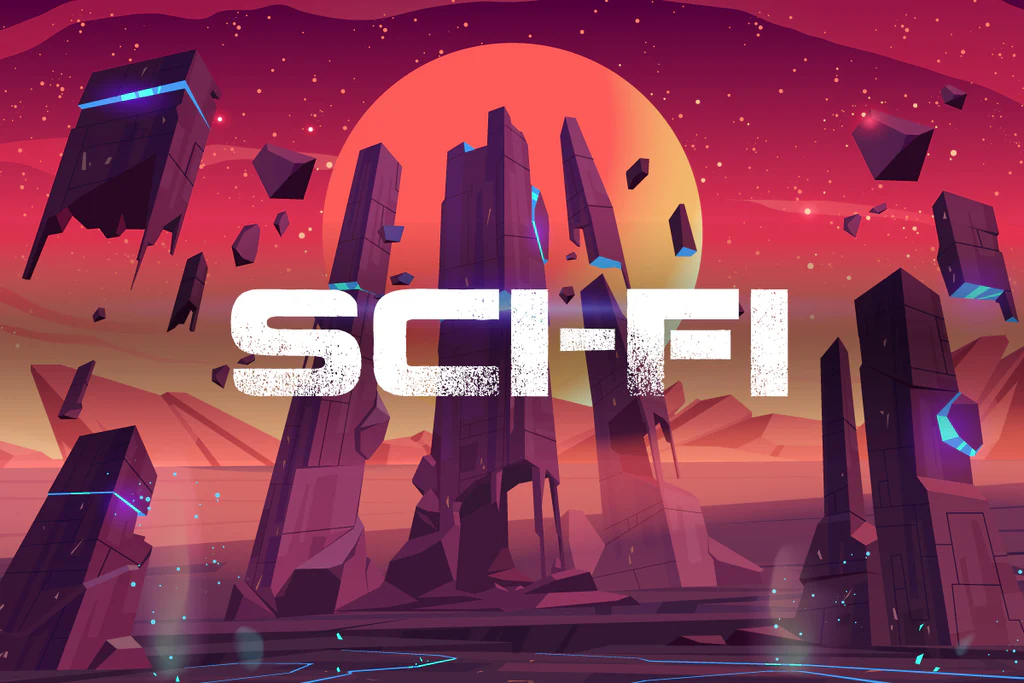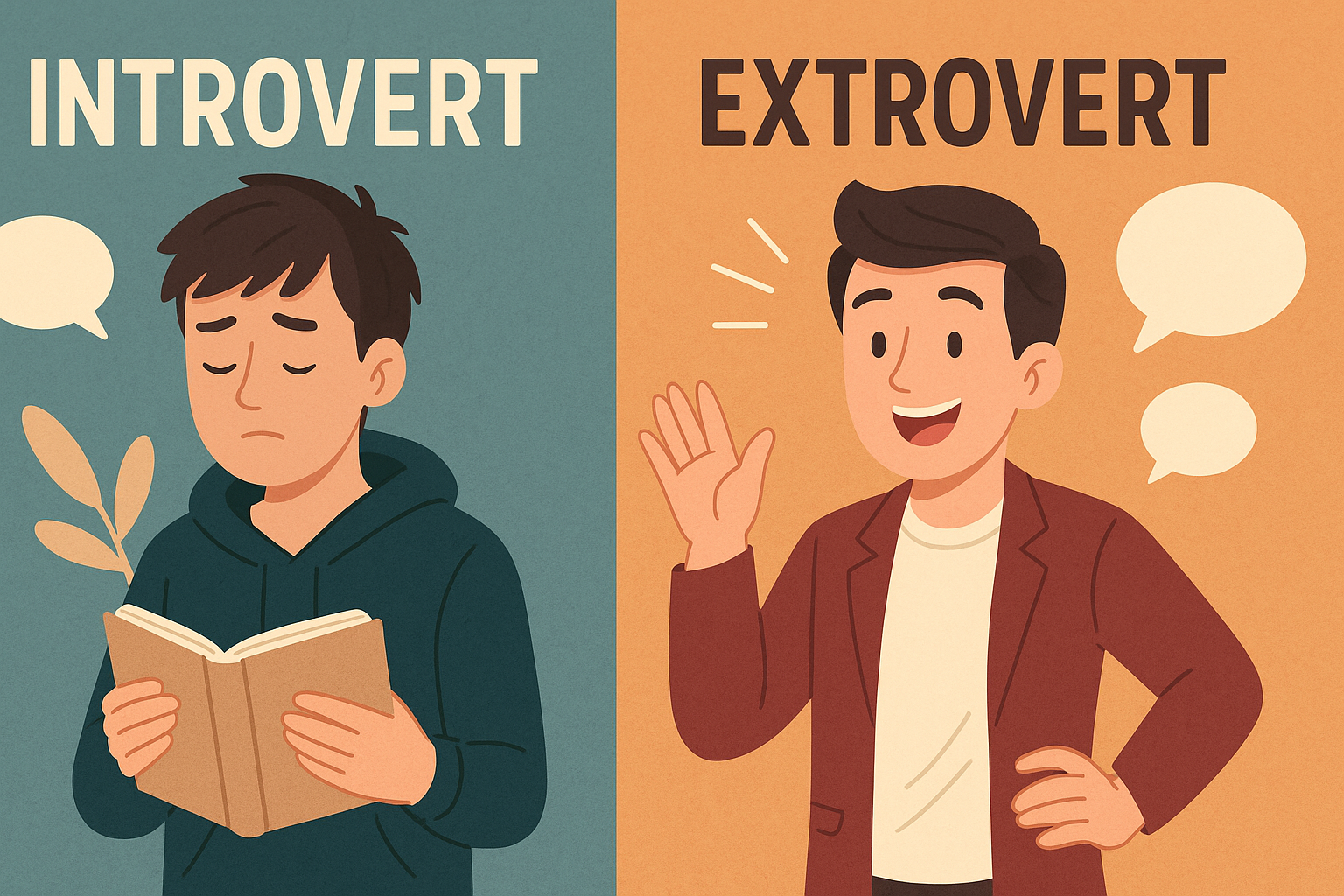
Sci-fi is often seen as a window into the future—an exploration of possibilities shaped by the advancement of science and technology. Whether it’s through futuristic cities, alien species, or innovative technologies, Sci-fi presents an alternate reality where the boundaries of human imagination and scientific progress merge. It’s a genre that not only entertains but also pushes us to think critically about where we’re headed as a society.
As a fan of both science and storytelling, I’ve always found Sci-fi to be a compelling way to explore the potential impacts of scientific advancements. It’s fascinating to consider how authors have predicted and warned us about the implications of cutting-edge technology, space travel, and even artificial intelligence. In this article, we’ll take a deeper look at how science fiction imagines the future through a scientific lens and how it influences both public perception and the trajectory of real-world innovation.
The Role of Sci-fi in Imagining Future Societies

Creating Visions of Tomorrow
One of the most captivating aspects of Sci-fi is its ability to craft entire worlds that may not exist today but could become possible in the future. Through speculative storytelling, science fiction explores how technological innovations could shape our lives, societies, and even the very fabric of human nature.
1. Utopias and Dystopias: A Reflection of Society’s Fears and Aspirations
A core theme in Sci-fi is the creation of utopian or dystopian societies—futuristic worlds that are either perfect or deeply flawed. These imagined societies often serve as a commentary on current issues, offering warnings or hopes about where humanity is headed.
For example, in George Orwell’s “1984”, the world is a totalitarian dystopia where technology is used for surveillance and control. This vision of the future highlights concerns over government overreach and the potential for technology to infringe on personal freedoms. On the other hand, works like Star Trek present a utopian future where technology enables peace, prosperity, and exploration, reflecting aspirations for a harmonious world where humanity has overcome many of its challenges.
Science fiction allows us to explore the consequences of political, technological, and social decisions, helping us consider the impact of today’s choices on future generations.
2. Technological Advancements and Ethical Dilemmas
Science fiction often introduces groundbreaking technologies—such as artificial intelligence, genetic engineering, and space exploration—that raise important ethical questions. These stories invite readers to imagine the possibilities of these technologies while also considering their potential drawbacks.
Take, for example, Philip K. Dick’s “Do Androids Dream of Electric Sheep?” (the basis for the film Blade Runner). The story imagines a future where humans create robots, or “replicants,” that are nearly indistinguishable from real people. It raises questions about the ethical treatment of artificial life and whether these creations can possess rights or emotions.
By presenting these ethical dilemmas, Sci-fi forces us to confront the moral implications of technological innovation before they become reality.
The Intersection of Science Fiction and Real-World Innovation
Pushing the Boundaries of Imagination and Science
While science fiction often presents worlds that are purely imaginative, many of the concepts explored in these stories have eventually found their way into real-world innovation. Science fiction writers often act as visionaries, imagining technologies long before they are invented. These speculative ideas push scientists, engineers, and entrepreneurs to think outside the box and challenge the status quo.
1. Space Exploration and Interplanetary Travel
One of the most enduring themes in Sci-fi is space exploration. From H.G. Wells’ “The War of the Worlds” to Arthur C. Clarke’s “2001: A Space Odyssey”, the genre has speculated on humanity’s future in space and the potential for interplanetary travel. These stories have inspired real-life space missions and advancements in space technology.
NASA’s pursuit of missions to Mars, and companies like SpaceX working towards private space travel, have brought some of these science fiction concepts to life. Elon Musk’s ambition to establish a human colony on Mars echoes the vision of science fiction writers who imagined humanity’s future beyond Earth.
2. Artificial Intelligence and Robotics
Artificial intelligence (AI) is another key focus of science fiction. From Isaac Asimov’s “I, Robot” to James Cameron’s “The Terminator”, AI has been portrayed as both a tool for progress and a potential threat to humanity. These stories explore the possibilities of AI evolving beyond human control and the ethical issues surrounding machines that can think, learn, and make decisions on their own.
In the real world, AI has advanced significantly, with machine learning, robotics, and autonomous vehicles becoming tangible technologies. Companies like Google and Boston Dynamics are at the forefront of AI and robotics development, often drawing on Sci-fi as a source of inspiration and cautionary tales.
3. Genetic Engineering and Biotechnology
Another area where science fiction and real-world science intersect is in the field of genetic engineering. From “Jurassic Park” to “Gattaca”, science fiction has explored the possibilities of manipulating genes to create new organisms, extend life, and enhance human capabilities.
In real life, advancements in CRISPR technology and gene editing have brought us closer to modifying genes with the potential to cure genetic disorders, extend life, or even create customized organisms. While these developments hold great promise, they also raise significant ethical questions about the limits of human intervention in nature, much like the dilemmas faced by characters in these stories.
The Influence of Science Fiction on Society’s Perception of Technology
Inspiring Public Imagination and Shaping Expectations
Science fiction does more than just predict the future—it shapes the way society thinks about technological advancements and their potential impact. By presenting these ideas in a narrative form, science fiction encourages people to think critically about the consequences of technological innovation.
1. Public Perception of Technology
Science fiction plays a crucial role in shaping public perceptions of new technologies. For instance, the portrayal of robots and AI in films and books has often been negative, highlighting the dangers of unchecked technological growth. This has led to increased public awareness of AI ethics, privacy concerns, and the potential risks of automation.
On the other hand, some science fiction works present technology in a more positive light, showing how it can enhance human life and bring about societal progress. This has contributed to widespread excitement about technologies like electric cars and renewable energy, where the public is more open to embracing these innovations as part of a brighter, more sustainable future.
2. Inspiring Real-World Innovation
Sci-fi doesn’t just reflect society’s technological fears and hopes; it also inspires real-world innovators. The imaginative worlds created by writers like Jules Verne, Isaac Asimov, and Arthur C. Clarke have sparked the curiosity of scientists and engineers, who have worked to turn speculative ideas into reality.
For example, smartphones and touchscreen technology were once mere concepts in Sci-fi, but today they’re an integral part of everyday life. Similarly, the communicator devices used in Star Trek were an early inspiration for the development of cell phones.
The Future of Sci-fi and Its Role in Shaping Tomorrow
Continuing to Push the Limits of Imagination
As technology continues to evolve at an ever-increasing pace, science fiction remains a vital tool for exploring the unknown and pushing the boundaries of what is possible. Writers and filmmakers will continue to explore new frontiers, both in space and in the technologies we create to live and interact with each other. The themes of artificial intelligence, genetic modification, and space exploration will undoubtedly remain central to science fiction’s ongoing dialogue with science and society.
By imagining the consequences of technological progress, science fiction challenges us to think deeply about the paths we’re on, the risks we face, and the potential benefits of the technologies that will shape our future.
Conclusion: The Enduring Power of Sci-fi
Sci-fi remains one of the most powerful genres for imagining the future through a scientific lens. It offers us a glimpse of possible futures, both utopian and dystopian, and challenges us to think critically about the technologies that will shape tomorrow. Through stories of space travel, AI, and genetic engineering, Sci-fi not only entertains but also inspires real-world innovation knowledge, helping to shape the future of science, society, and humanity as a whole.
As we move forward into an increasingly technological future, the intersection of Sci-fi and real-world science will only become more pronounced. The genre will continue to spark the imaginations of innovators and decision-makers, reminding us that the future is not just something we inherit—it’s something we create.







